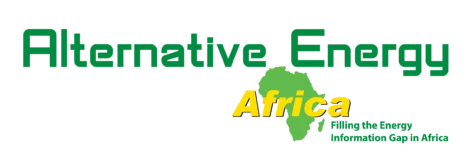Populations at immediate risk from coastal erosion, flooding and pollution, and people depending on agroindustry and tourism along the coastlines in The Gambia, Ghana, and Guinea-Bissau will benefit from the West Africa Coastal Areas Resilience Investment Project (WACA ResIP 2), approved today for a total amount of $246 million in International Development Association (IDA)* financing, including a $5 million PROBLUE grant.
This second WACA project includes a grant to the West African Economic and Monetary Union (WAEMU) to coordinate regional organizations in improving regional integration, managing environmental flows, and achieving economies of scale in managing shared coastal resources needed for climate resilience. The World Bank financing has leveraged private sector finance for blue carbon credit announced at the 2022 United Nations Climate Change Conference (COP27).
The blue economy is essential. About 42% of West Africa’s GDP is generated in coastal areas, where almost one-third of the population resides. The second WACA project is an expansion of the WACA Program that already included Benin, Cote d’Ivoire, Mauritania, Sao Tome and Principe, Senegal, and Togo. In The Gambia, Ghana, and Guinea-Bissau, the new project will support physical coastal protection using a combination of nature-based solutions and grey infrastructure to protect economic and livelihood assets from coastal erosion and flooding and includes social investments at community level to increase climate-resilient at local level.
Development challenges in coastal West Africa are complex and multisectoral in nature, and no country alone can fix them. That is why the WACA Program by design includes regional integration and solutions.
“There is no doubt that physical cross-border solutions are required to stabilize the coastline from coastal erosion as we have seen between Togo and Benin already. This require common policy, approaches and collaboration, and the WAEMU is keen to bring this to scale in WACA ResIP 2,” says Kako Nubukpo, WAEMU Commissioner for Food Security, Resources and Environment.
The WACA Program was launched in 2018, in response to countries’ request for solutions and finance to help protect and restore the ecological, social, and economic assets of West Africa’s coastal areas by addressing coastal erosion, flooding, and pollution. It helps participating countries to stabilize the coastline, prevent loss of critical infrastructure like coastal roads for transport, and to support healthy and productive coastal waters needed for food security and natural capital.
With the second WACA project approved, the total World Bank financing to the WACA Program amounts to $492 million (including grants of $20 million from the Global Environment Facility and $5 million from PROBLUE), covering engagements in nine countries, including: Benin, Cote d’Ivoire, The Gambia, Ghana, Guinea-Bissau, Mauritania, Sao Tome and Principe, Senegal, and Togo, and the WAEMU and associated regional institutions.
